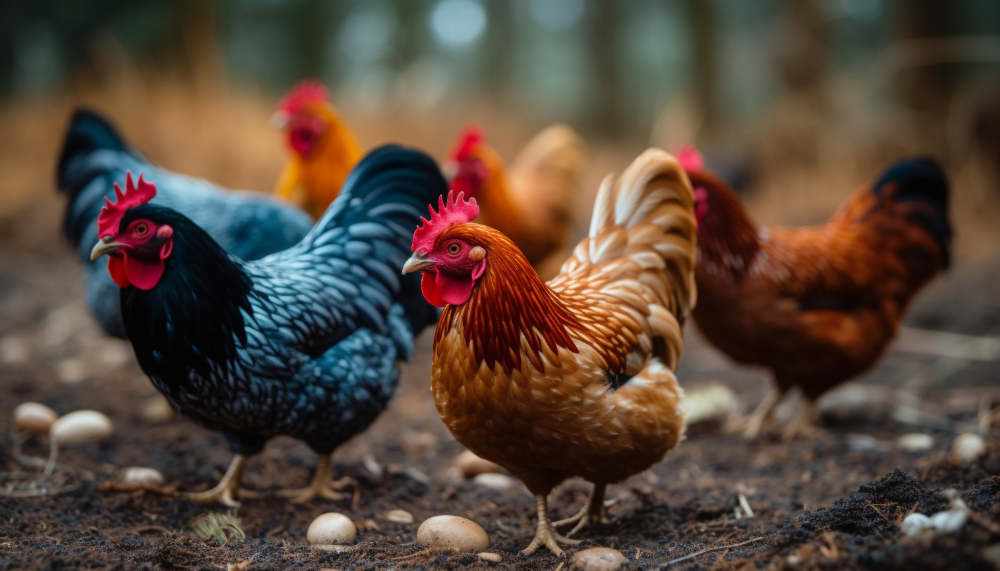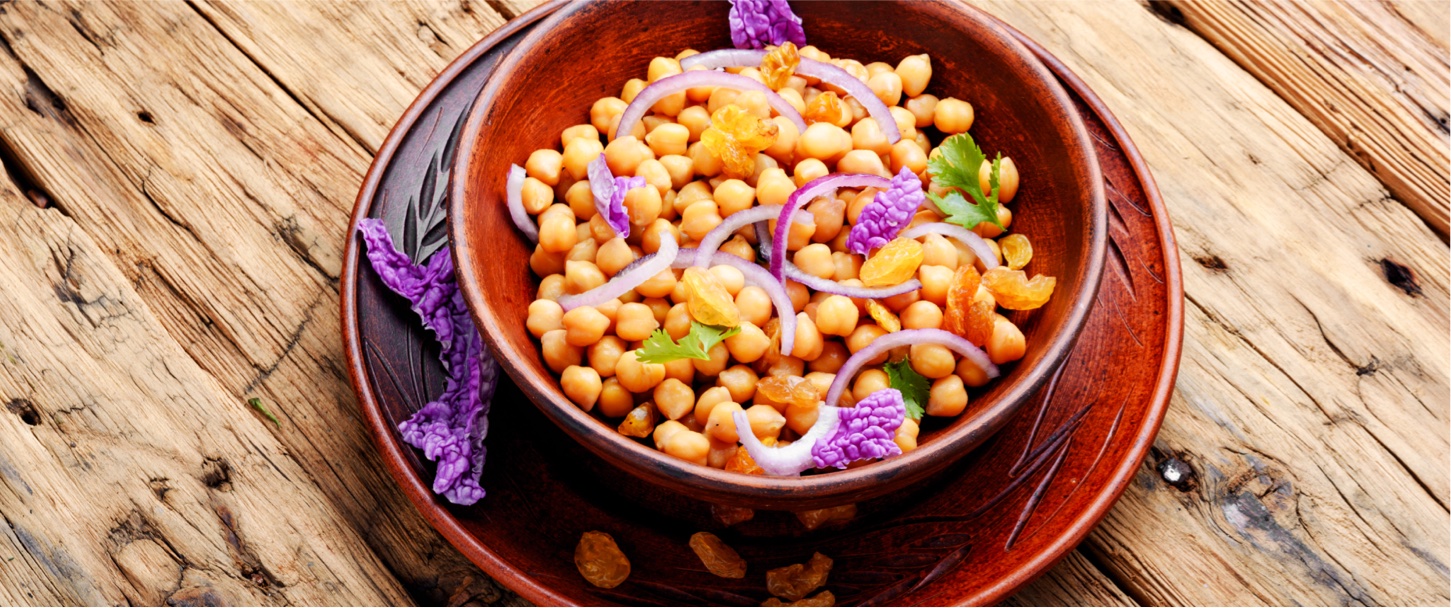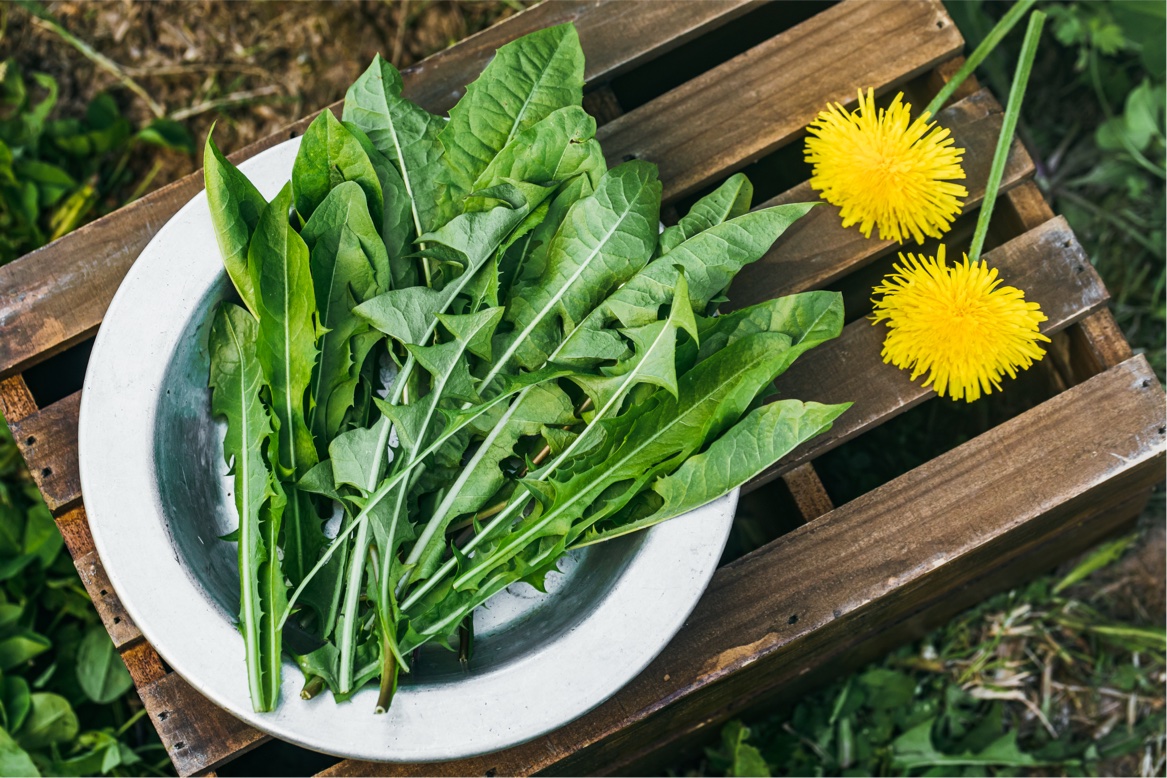Every other Sunday we would travel “up country” in Bucks County Pennsylvania, to see my grandmother. Grandpop had chickens and I learned to sound very much like a chicken. I also had baby chicks to raise every year. I had a favorite black & white speckled rooster, but one day he kept circling me, then he attacked the shiny buttons on my sweater. We had chicken the next weekend.
Raising chickens can be a rewarding and sustainable endeavor, whether you’re interested in having a fresh supply of eggs, homegrown meat, or simply enjoy the companionship of these feathered creatures. In this comprehensive guide, we’ll explore various aspects of raising chickens, from choosing the right breeds to caring for chicks and managing their housing and diet.
Choosing the Right Breeds:
Selecting the appropriate chicken breeds depends on your purpose. For egg production, consider prolific layers like White Leghorns or Rhode Island Reds. Dual-purpose breeds like Plymouth Rocks and Sussex are excellent for both meat and egg production. If you’re primarily interested in meat, broiler-specific breeds like Cornish Cross are ideal.
Breeding Considerations:
If you plan on breeding chickens, research the specific requirements of your chosen breeds. Understand the mating behavior, egg incubation, and chick rearing process to ensure successful breeding.
If you are raising hens for meat production, raise chickens specifically bred for their meat. Provide a balanced diet to ensure healthy growth. Harvesting chickens for meat should be done humanely and in accordance with local regulations.
Setting Up Their Space:
Create a safe and comfortable environment for your chickens. This includes a well-ventilated coop with nesting boxes for laying eggs, perches for roosting, and a designated area for dust baths. Ensure the coop is secure, protecting the chickens from predators. Train the chickens to enter this coop at night.
Feeding and Nutrition:
Provide a balanced diet with a commercial chicken feed that matches your chickens’ life stage (starter, grower, layer). Keep rodents away from your chicken feed. Chicken will not eat after dark so put it away at night in metal containers.
Supplement their diet with kitchen scraps, grains, and green leafy vegetables for a varied and nutritious intake. Chickens are omnivores and will eat plants and meat, eggs and bugs. Free range chicken receive more nutrition. Allowing them access to the outdoors and the bugs out there will add to their health and yours. Some people are particular about how they feed their chickens. They avoid the GMO grains that are included in most chicken feed. They will use sunflower seeds and thistle for a superior diet.
Access to grit and small stones helps them digest food effectively because they do not have teeth and so their food is ground up in their gizzard with the stones and grit in there. Chickens also benefit by eating ground up oyster shells for the added calcium.
Water Supply:
Clean, fresh water is essential for chickens’ health. Use gravity-fed or automatic waterers to ensure a constant water supply. There are “nipple feeders” to keep the water supply clean. Regularly check and clean water containers to prevent contamination.
Healthcare and Disease Prevention:
Regularly monitor your chickens for signs of illness. Provide vaccinations and consult a veterinarian for preventive healthcare measures. Quarantine new chickens before introducing them to your flock to prevent the spread of diseases.

Dust Baths
Chickens love to take dust baths, and for them, it’s not just a way to clean but also a natural behavior essential for their well-being. A dust bath for chickens typically involves finding a dry and loose patch of soil, often under a tree or in a sunny corner of the coop. They scratch and kick at the dirt, creating a shallow depression, and then enthusiastically roll around, flapping their wings and covering themselves in dust. This seemingly peculiar activity serves several vital purposes. Firstly, it helps them keep their feathers clean by absorbing excess oil and removing parasites like mites and lice. Secondly, the dust helps to exfoliate their skin, keeping it healthy. Lastly, dust bathing is a social activity, often done in groups, enhancing their social bonds within the flock. Providing chickens with a designated dust bathing area, perhaps filled with fine sand or diatomaceous earth, ensures they have a safe and enjoyable space to indulge in this instinctual behavior, contributing to their overall happiness and health.
Noise Control:
Chickens can be noisy, especially when they’re laying eggs. To mitigate noise, provide adequate distractions like toys or hanging vegetables for them to peck at. Additionally, using straw or wood shavings in the coop can absorb sound.
Check with your local town or county ordinances.
Roosters
Roosters play a vital role in the protection and well-being of a flock of hens. Their natural instinct to be vigilant and territorial helps in safeguarding the hens from potential threats. Roosters are highly aware of their surroundings, and they alert the flock with their distinctive crowing at the slightest sign of danger, whether it’s a predator lurking nearby or an unfamiliar presence. Additionally, roosters are fiercely protective, often putting themselves between the hens and any perceived threat, using their sharp spurs and strong beaks if necessary. Their presence alone can deter some predators, making them a valuable asset to the safety of the flock. Roosters also establish a pecking order within the flock, ensuring order and discipline, which contributes to the overall harmony and security of the hens.
Egg Production:
Egg-laying chickens require a comfortable and quiet environment. Ensure they have clean nesting boxes lined with straw or hay. Collect eggs regularly to prevent brooding behavior, where hens may become aggressive. We called these hens “Cluckers” or Broody hens. They would cluck at you when you tried to collect the eggs from under them, before they peck at you. They want to hatch their babies.
Chickens will lay one egg per day in the nest until they decide they have enough eggs. Then they will begin to sit on the eggs day & night to begin the incubation of 21 days. Of course

Caring for Chicks:
Chicks require a brooder setup with a heat lamp to maintain a warm temperature (around 95°F or 35°C) during their early weeks. Provide a clean and safe space, offer chick-specific feed, and keep a watchful eye on their health.
Raising chickens requires dedication, knowledge, and care. By providing your flock with a safe and comfortable living environment, a balanced diet, and regular health checks, you can enjoy the benefits of fresh eggs, meat, and the joy of nurturing these social and intelligent animals. Remember that happy and healthy chickens result from attentive and responsible poultry farming practices.




